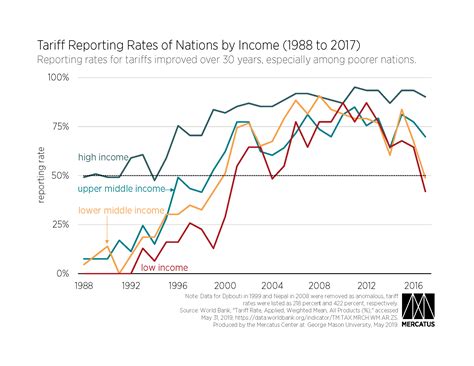Investors worldwide recently delivered a resounding message to President Trump regarding his bold new tariff policy – they are not on board. The S&P 500 took a nosedive, plummeting by 6% in one day and accumulating losses of 9.1% for the week. This rapid descent marks the sharpest weekly decline seen since March 2020 when the world was grappling with the early stages of the COVID-19 pandemic.
The financial landscape is painted with uncertainty as major indices like the S&P 500 teeter on the edge of bear market territory, a realm characterized by extreme investor pessimism signified by a 20% drop from recent highs. With the index already down over 17% from its February peak, anxiety looms large amongst market participants.
In this whirlwind of economic turmoil, even tech-heavy Nasdaq Composite and Russell 2000 indexes have succumbed to bear market conditions. These smaller companies are particularly susceptible to shifts in economic sentiment, exacerbating their downward spiral.
Unlike previous market collapses triggered by unforeseen crises like deadly viruses or housing meltdowns, this particular downturn stems directly from a strategic decision made at the highest levels of government – President Trump’s imposition of tariffs. The repercussions have reverberated globally, sending shockwaves through international stock exchanges.
Veteran market analyst Ed Yardeni emphasized the significance of this stock market response as he conveyed in a television interview,
“The market is giving a big thumbs down to this tariff policy.”
Indeed, analysts and financial historians find themselves scrambling for comparisons to an instance where a president’s actions have inflicted such substantial harm on financial markets.
Reflecting on past events like British Prime Minister Liz Truss’ tumultuous budget proposal in 2022 that led to widespread market chaos and her subsequent resignation sheds light on how fragile markets can be in response to governmental decisions.
As uncertainties linger and investors brace for continued volatility in reaction to evolving trade policies, one thing remains clear – global markets are intricately interconnected systems wherein political maneuvers can swiftly translate into tangible financial outcomes felt across borders.

